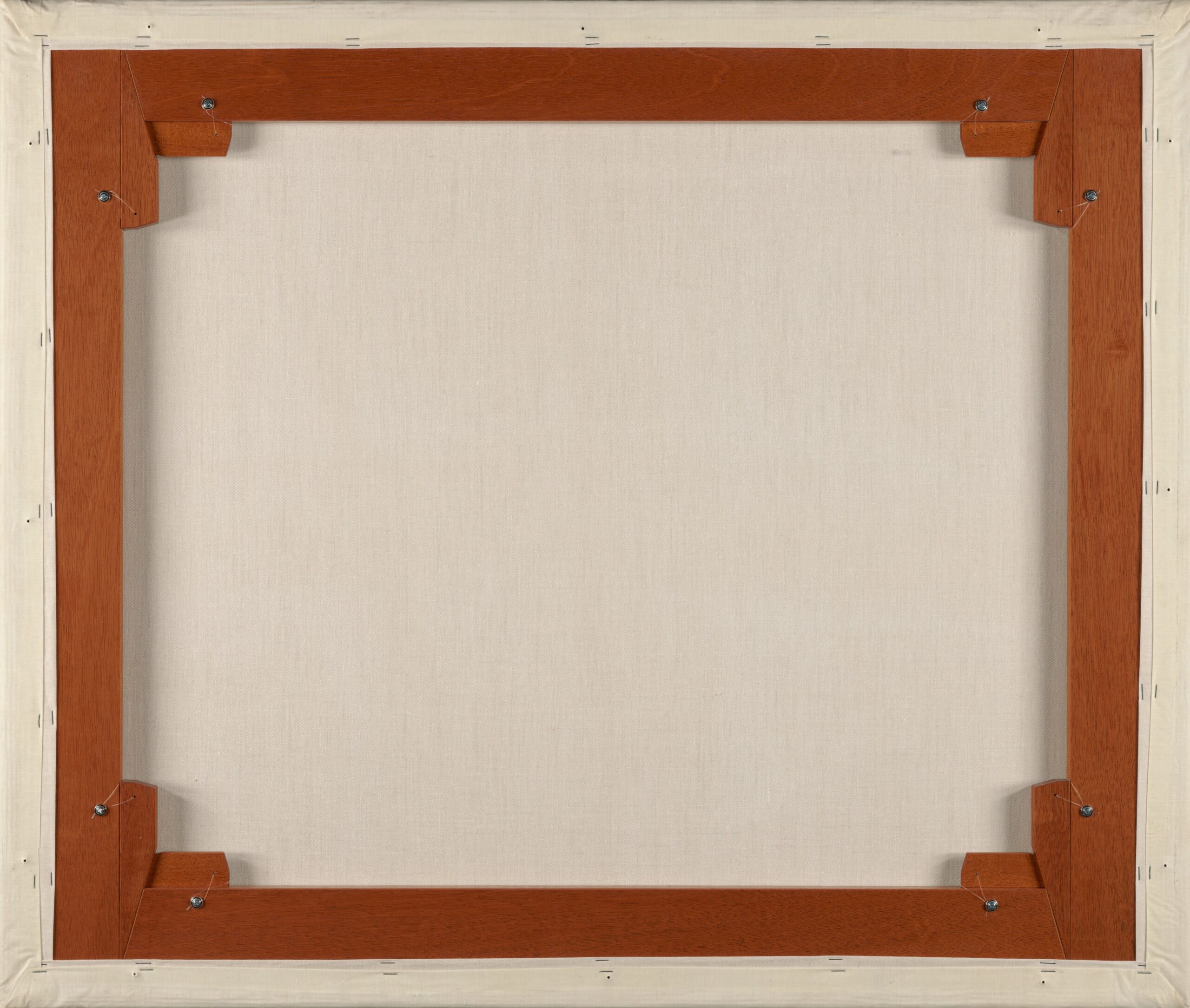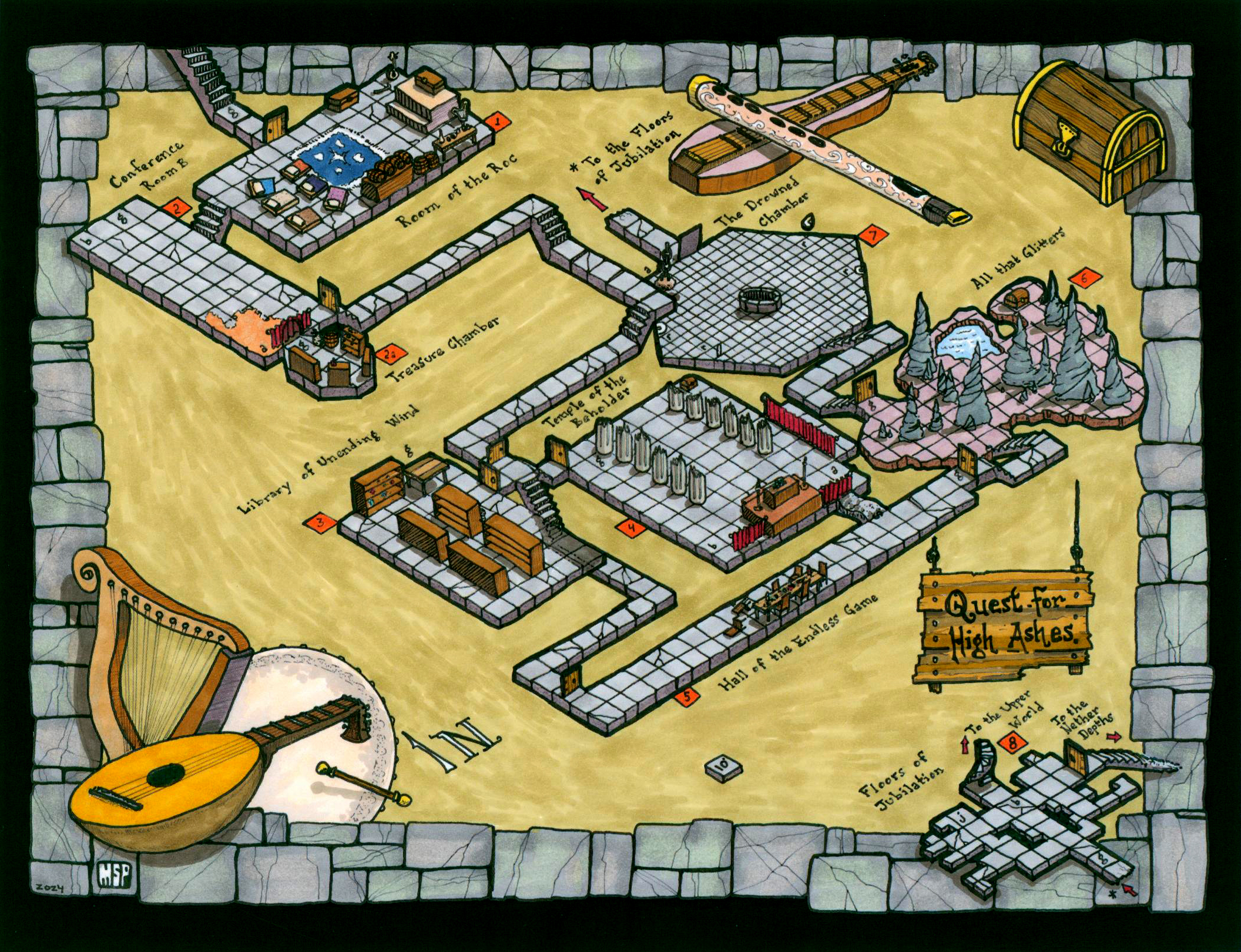Click here to view or print these poems as a PDF.
The Residue of God
Aristotle wrote in his History of Animals
that, while higher forms reproduce,
the lower ones are not produced from animals at all,
but arise spontaneously:
some out of the dew which falls on foliage. . .
others in putrefying mud and dung, others
in residues—whether voided or
still within the living animals.
Pliny and Virgil accepted Aristotle’s theories
as well as, centuries later, Sir Frances Bacon.
So this is how belief originates:
something springs from waste
and grand philosophers and theologians and biologists
believe in magic or miracle—
till the 1660s when the Florentine court physician,
Francesco Redi, constructed experiments to disprove
the equivocal generation of insects.
(And this is what I love though I am not exactly sure why–)
Procuring the putrifying carcasses
of buffaloes, tigers, lions, oxen, pigs, frogs, snakes,
and birds of various species–
Redi incubated chunks of their meat
in large glass flasks, while several large fish
decomposed in fetid water with the results that
the same maggots swarmed within the tissue of each one
disproving that certain animals spontaneously generate
from certain kinds of decayed matter. Meanwhile,
Redi noticed the large bluebottle flies
attracted to his rank experiments,
and set up lumps of meat, exposed or under nets, noting later
that no larvae developed in the covered containers.
He concluded that where there were eggs
from those same flies.
And in 1668 he published these findings
*
in Esperienze Intorno alla Generazione Degli Insetti. For myself,
I am delighted by bluebottle flies
and lumps of rancid flesh and experiments.
I am even more delighted that illustrious patriarchs
who were right about a few things–and certainly
produced texts of immeasurable beauty–
were wrong. Completely wrong.
That Redi used common sense to see beyond the invisible
and with diligence and luck, he proved them wrong–
*
I love that. I even love that Redi, himself,
despite his earlier success,
admitted that gallflies in fact
spontaneously generated because if things
like an organ or eggs cannot be seen do they exist?
Which brings us up to date to scientists in the Sudan.
Here water contaminated with the Guinea worm infects the drinker
*
and the ingested parasite roils within the viscera at times for over a year
until at three feet in length it produces a welt at an exit point
slowly traveling out of the victim who may not tug at it
lest he or she breaks a piece off
and the remains calcify into a terrible deformity.
So, the child, say, must live with the parasite
until it worms its way out quite literally.
But, because the larvae in the corrupted waters cannot be seen
the Sudanese healers suggest
that the infected must be cursed by God
ignoring the scientists
who cite civil war as barriers to purification.
The invisible continues as immaculate conception or damnation
even while scientists compare the DNA of worms
with that of humans
to prove what we already believe about evolution;
or how aspirin or the unconscious works,
or how cells mutate and kill. And until recently,
what a giant squid looks like, whole.
After the Waiting Room
—a dentist speaks to her patient who thinks to herself—
A root canal. You have time now?
The nerve is mush.
Is that poetry? “In the Waiting Room”?
Bishop. Lingering in l’ecriture feminine I keep
returning to American women–
I think I am aching.
No rubber dam–cotton
Let me know if this hurts–
That waiting room was full of
arctics and overcoats–
she was a few days from seven–
what attention to language:
‘arctics and overcoats’–
You’ll feel a pinch–
–waiting. I was waiting
–then interrupted their childhoods
with an urgency to leave their father
and the rooms we adjusted
to a home as best we could:
lasagna and sundresses–
I craved–
Headphones? No?
This takes longer–about six minutes.
How are the girls?
I think of you sometimes–
–the girls. For them to be daughters.
To be the daughter means what?
(Elizabeth could read.)
I’ll be back in a few minutes.
What about that photo she saw
in that yellow magazine
for the intellectually-timid
middle class,
the prurient puritans?
What about the inevitable
male vantage–the ghastly
(would black, 1918, be other
than ghastly and glorified–)
hanging breasts
like
that volcano
like that ‘long pig’
on a pole–
what about the urge for a child to see
with her own eyes
photographs complicated
by armchair colonialists?
Are you okay?
What of Elizabeth, of Aunt Consuelo–
of their bodies?
of my body, my sister’s and mother’s?
You okay? Feel anything?
Wasn’t her ‘oh!’ a jouissance–
a call, a cry, a coming of age outburst–
as well as vertigo?
Feel anything?
I recall that blue-black space:
eight, feathery hair
already covering my skin in private
places
and breasts the feel of fat–
the dark living room with one light
spotting my mother on the brown sofa,
my father and sister absent,
my mother telling me, ‘Someday
blood will suddenly leak from your body.’
The air around me
full of dots, felt steep,
like Elizabeth. Like her waiting room.
Irrigate. Now I’m flooding the nerve ending.
Wider.
My mother didn’t know
I was so empty I was falling into myself.
Falling away from her.
I recall the steep. Steeping.
I was steeping. Why couldn’t she see the fall
so deep nothing showed
across my tiny face.
So warm. Full of swarmy dots.
Elizabeth’s blue-black falling.
Her instruments placed on my chest
are cold.
Rinse please.
In Maui my mother told my sister,
‘Kimi can’t swim today.’ That was that.
Puff of air.
Bonding
In Maui my mother told my sister,
‘Kimi can’t swim today.’ That was that.
Number thirty file–not rotary, the hand file.
A foul smell.
Tell me if it hurts.
Glad your girls are good.
I think of you sometimes. The pain.
Puff of air.
Bonding.
Bonding. Craving–
Pressure. A bracket.
I need an impression.
Bite down. Stay still.
I need your impression–
Elizabeth–did you go to Brazil
for jouissance? Can it be painful?
Can it be a momentary stay
from longing?
Not long.
Syringe.
Her gloved hands are so gentle.
I wasn’t graceful with my own girls–
how to tell daughters,
I crave to be a mother
but I need to leave home first?
How ask forgiveness
so they’d follow me
to a little apartment above Blanca’s Dress Shop?
How to tell daughters about the joyful fluttering–
it’s fun–but don’t.
Or, it’s fun but don’t but if you do,
protect yourself–
How to protect–
Hold still. This will taste bitter.
Now fumes from the heat.
Hand me the–
Rinse. Yes.
How does a mother safeguard daughters?
It was night. The War was on.
You all right?
You’ll feel tender for a few days.
Bishop says it’s all right.
Someone is my mother.
Oh, I can read her poem straight through.
You can go now.
Kimiko Hahn is the author of eight books of poetry, including The Narrow Road to the Interior, The Artist’s Daughter, Mosquito and Ant, and Toxic Flora, which is due out from W.W. Norton in May 2010. Her many honors include the American Book Award, the Lila Wallace-Reader’s Digest Award, two NEA grants, and two NYFA grants. She lives in New York City and is a professor at Queens College. To read her interview with David Hawkins, click here.


